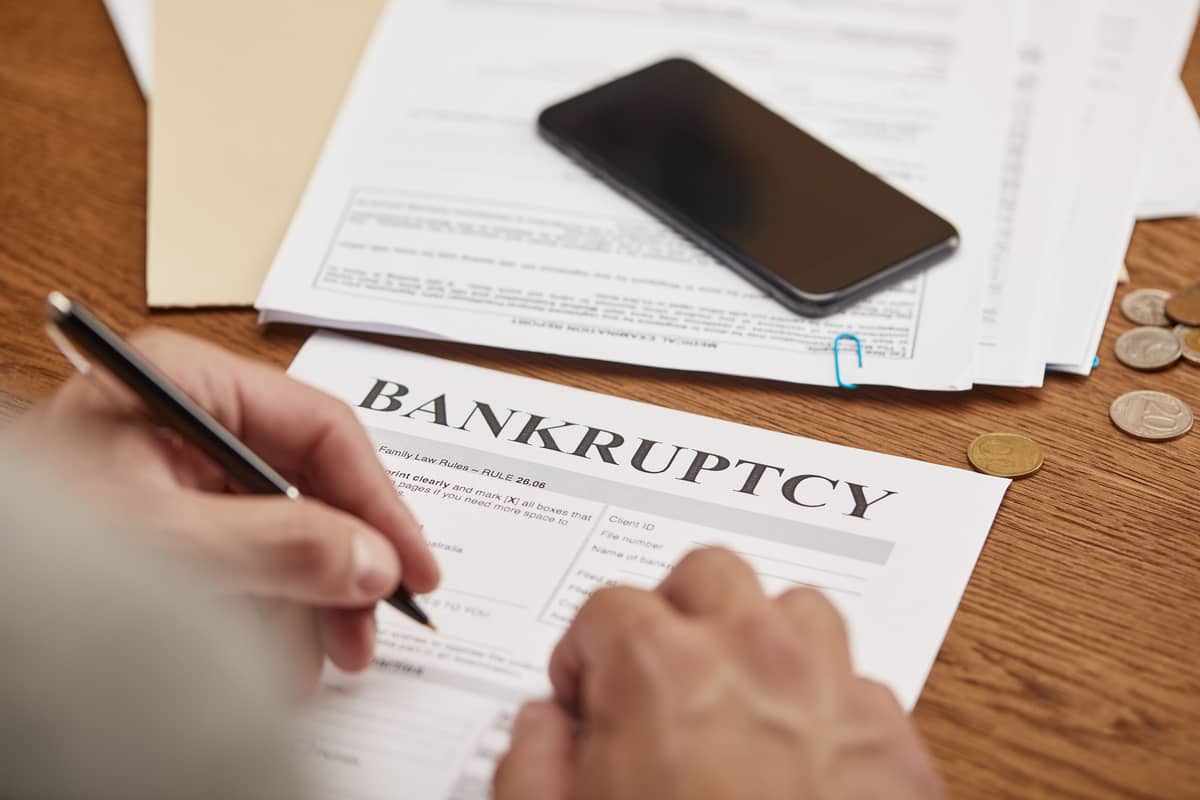Our bankruptcy specialists in Philadelphia are here to help locals close the current chapter on their financial life and transition to the next one as seamlessly as possible. The actions you take prior to declaring bankruptcy matter a great deal. Here’s a quick look at exactly what to avoid before filing bankruptcy.
Resist the Temptation to Shift Assets
Moving assets out of your name and into those of family members and friends or accounts that are not susceptible to forfeiture after declaring bankruptcy is certainly tempting yet it is a red flag during bankruptcy proceedings. Retain your assets, list them in their entirety when declaring bankruptcy, and you will stand a much better chance of receiving the go-ahead for a discharge.
Furthermore, resisting the temptation to shift assets also helps you avoid criminal penalties. Bankruptcy courts really do look deep into your records to determine if you have sold property or moved assets out of your name to hide them from the court and creditors.
Adding to Your Debt Load
Do not continue using your credit cards when declaring bankruptcy. If you continue to rack up the debt, your bankruptcy attorney will question why you are adding to your credit card balance. Keep in mind, your bankruptcy trustee will analyze your credit cards to get a sense of whether you have charging items without the intention of paying them back.
If you were to go on a spending spree before or during the filing of bankruptcy, your creditors wouldn’t be nearly as lenient. Those creditors are legally empowered to object to the request to file bankruptcy. You might not be able to discharge the debt if you have spent money with a clear intention of not paying it back.

Failing to File Taxes
The failure to file taxes prior to filing for bankruptcy is a major problem. Those who don’t file their taxes might even end up with a dismissal of their claim. The bankruptcy court needs recent tax returns to get a sense of current/prior earnings to determine if it is reasonable or even possible to pay back the unpaid debts. Fail to provide these documents and you will not be able to file for bankruptcy.
Repaying Certain Loans and not Others
It is a mistake to pay back some debts and avoid others. Though you certainly want to pay back all creditors, prioritizing some over others is viewed as a preferential transfer in the context of bankruptcy code. In fact, bankruptcy laws set the stage for the bankruptcy trustee to sue the party who was paid in order to recover money that should have been distributed in accordance with the direction provided by the court.
Schedule a Consultation With Voloshen Law
If you are considering filing bankruptcy, don’t move forward until you have discussed the matter with our Philadelphia legal team. We will guide you through the process, setting the stage for bankruptcy that liberates you from your prior financial struggles. Give us a call today at (215) 437-7854 or send us an email at igor@voloshenlaw.com to schedule an initial consultation.
